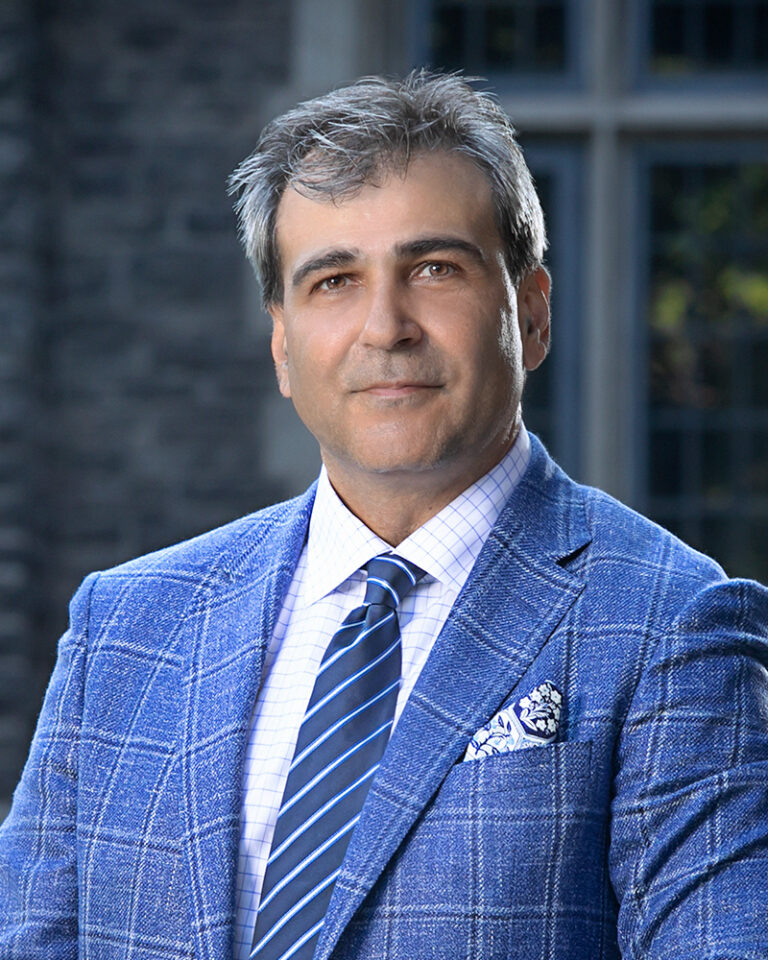Home
Welcome to Surgery
Message From The Chair
As the seventh Chair of the Department of Surgery, in the Faculty of Health Sciences at McMaster University, I am deeply aware of our 54-year history and committed to advancing our vision towards thinking big. We are a department with 11 surgical divisions and Royal College residency training programs which include Cardiac Surgery, General Surgery, Neurosurgery, Ophthalmology, Orthopaedic Surgery, Otolaryngology – Head & Neck Surgery, Plastic Surgery, Urology, Vascular Surgery, Pediatric Surgery and Thoracic Surgery.
Let us act now for who we aspire to be tomorrow. Leading change requires the articulation of a clear vision, and as important, an executable strategy. But first, we as surgeons, researchers, trainees and administrators, understand we are stronger together in support of a unified vision. Unleashing our creative mindset as a department is, I believe, a key to our sustained growth and resilience. The word create, implies action. We leverage six strategic pillars to our vision which
include:
CREATE
Culture that includes
Research that impacts
Education that inspires
Advancement for all
Transformation through innovation & entrepreneurship
Excellence in patient care
Evidence has long demonstrated that diversity and inclusiveness at all levels improves decision and outcomes. Leading with a culture of inclusivity is not just the right thing to do, it is the foundation for a future to ensure surgery is creative, innovative and competitively advantaged. Executing a new vision for surgery will also require a rapid adoption of new technologies to brand, communicate, collect data and compete. Our digital footprint is the world’s window to our programs. We are at a unique point of inflection in our department’s history. Together, we are poised to unleash a future fueled by a creative mindset and powered by our people. Simply put, We are working together to create a healthier world.
Mohit Bhandari
Distinguished Professor, Chair, Department of Surgery

OONT, CM, MD, PHD, FRCSC

